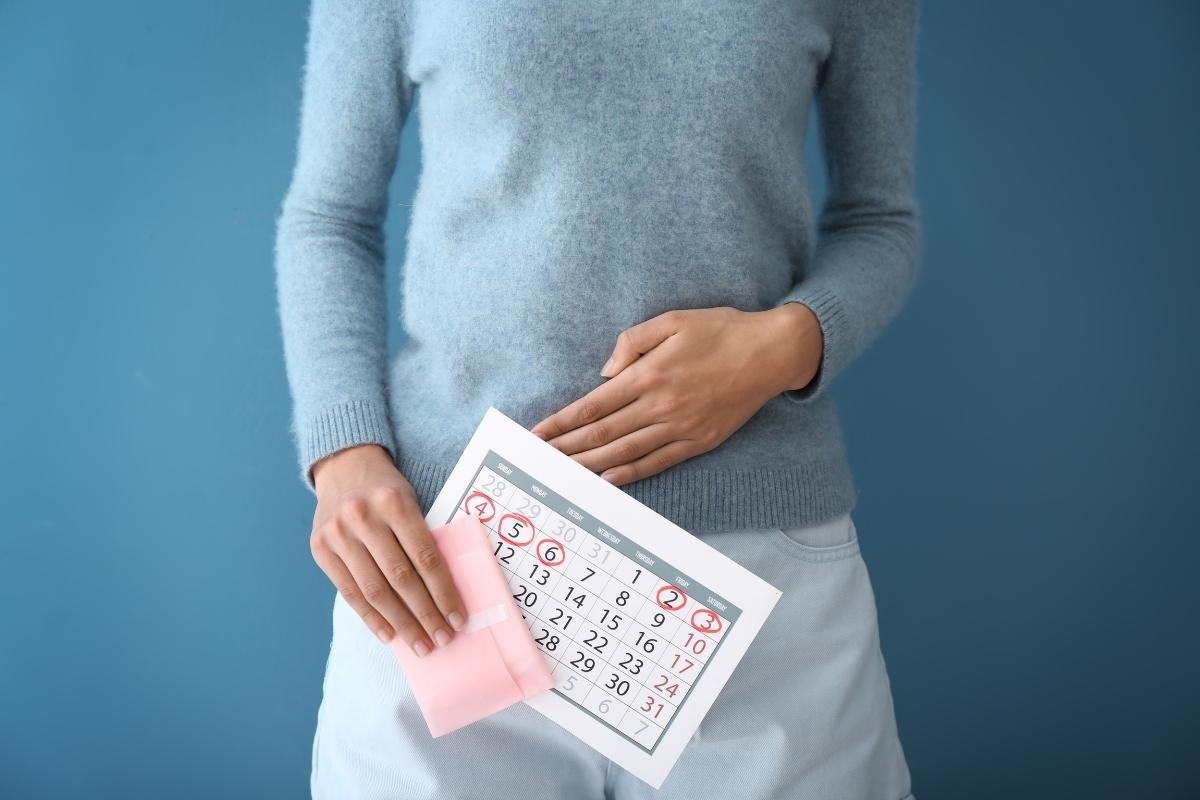Blog
Veterans with chronic headaches interested in complementary and integrative medicine provided by the VHA
A study found that “veterans with chronic headache were very interested in combining alternatives, such as acupuncture, massage, yoga or tai chi, with mainstream medicine and that they were encouraged by the fact that alternatives exist to simply taking additional pharmaceuticals for pain.”
Post-concussion changes in menstrual cycle reported among adolescent patients
Researchers found changes in menstrual patterns 3-4 months post-injury in 1 out of 8 adolescent patients. The authors also found higher symptom severity for those who sustained a concussion after ovulation and before menstruation.
Concussed youth are at significantly higher risk for mental health issues; further commentary and tips for parents
A study found that “youth who experienced a concussion were more likely to develop mental health issues, self-harm, or psychiatric hospitalization than peers who had an orthopedic injury.” We include information and tips for parents.
Emotional distress is more closely associated with pessimism about recovery duration than with symptom severity or mental health history
A study found that patients’ expectations of their recovery duration had a larger impact on their mental health than their actual reported symptoms, number of concussions, or history of mental health concerns.
Military dietitians test mTBI patients for nutritional deficiencies, design individualized nutrition plans
Some clinics in the Defense Intrepid Network for TBI and Brain health, a system of 13 clinics for TBIs, have integrated nutrition plans into treatment programs for “active duty service members diagnosed with mild-to-moderate TBI and associated health conditions.”
Researchers find vestibular dysfunction stems from injury to the peripheral vestibular system
In a study published in the Journal of Neurotrauma, researchers aimed to “establish whether vestibular dysfunction … is of central, peripheral, or combined origin.” They found that vestibular dysfunction is associated with peripheral vestibular system injury.
Australian Football League funded study on concussions in former players, then was uncooperative and restrictive, lead researcher claims
A revelatory article from Melissa Davey, Stephanie Convery, and Emma Kemp of The Guardian claims that the AFL (Australian Football League) sabotaged its own concussion research.
Undergraduate medical students in North America are not receiving adequate concussion education, study finds
The scoping review concluded that undergraduate medical students in North America are not receiving adequate concussion education.
Choosing light therapy devices based on concussion research
Suggestions for choosing a light therapy device based on our communication with leading researchers and clinicians in the field and our understanding of current research.
Excellent update to workers’ compensation TBI guidelines in New York
The New York State Workers’ Compensation Board has created new guidelines for Traumatic Brain Injury (TBI). While some areas could be updated to reflect a more current and nuanced understanding of brain injury, the guidelines include all best-practice treatment modalities and emphasize the case-by-case, highly patient-specific nature of the injury.
Continuing debate about helmets in girls’ lacrosse
The use of helmets in women’s lacrosse continues to be a topic of significant debate, as helmets are not mandatory in women’s lacrosse but are required in men’s lacrosse. A 2015 study found that women’s lacrosse had the second-highest rate of concussions among a variety of high school and college sports.
New research to develop better diagnostic tools for diagnosing mTBI in the elderly
"Adults over the age of 75 have had the highest incidence of traumatic brain injuries" and better diagnostic tools are needed. BrainBox has received a grant to create a clinical solution that accurately captures the diagnosis and prognosis of mTBI in elderly patients.
Sex, race, psychiatric history, intracranial injury associated with increased prevalence of insomnia after a TBI
A study found that female biological sex, Black race, history of psychiatric illness, or intracranial injury were associated with a higher severity level of insomnia symptoms post-TBI.
Children with assault-related concussion have worse outcomes and are less-likely to get proper evaluation than those with sport-related concussion
A study found significant disparities in diagnosis and outcomes between children presenting to a pediatric hospital with assault-related (ARC) and sports-related concussion (SRC).
Tele-rehabilitation feasibility trial finds positive results comparable with in-person rehabilitation studies
A study by Josh Shore et al. found that a novel Tele-Active Rehabilitation (Tele-AR) program improved postconcussion symptoms, illness perception, and occupational performance (self-perception of performance in everyday living) in a small group of adolescents.
Duration of continued athletic participation after sport-related concussion impacts recovery outcomes
A study evaluated the duration of continued participation after a suspected sport-related concussion (SRC) and its impact on recovery outcomes in collegiate athletes. The researchers found that continued participation (within a range of 0-90 minutes) after SRC was associated with worse outcomes.
Concussion education in schools is inconsistent, overly athlete-focused
A study found significant gaps in school-based concussion education in a scoping review, "including a lack of clear guidelines for concussion education content, questionable sustainability of the education delivery and the need for long-term evaluation of outcomes.”
Recommended reading – Impact: Women Writing After Concussion
Impact: Women Writing After Concussion is an anthology containing the stories of 21 women writers reflecting on how their personal and professional lives have changed following experience with concussion.
13.5% of mTBI patients had poor cognitive outcomes; predicting risk, referral to cognitive rehabilitation
According to a study published in Neurology, 13.5% of mTBI patients had “poor cognitive outcomes” (vs. 4.5 % in a control group) one year after a mild traumatic brain injury (concussion).
Baseline evaluations for diagnosing concussion do not improve diagnostic accuracy
A study by Dr. Lyndsey M. Ferris et al., published in the American Journal of Sports Medicine, analyzed the utility of baseline evaluations for identifying acute concussions in college athletes. The researchers found that using baseline evaluations does not significantly improve diagnostic accuracy.




















